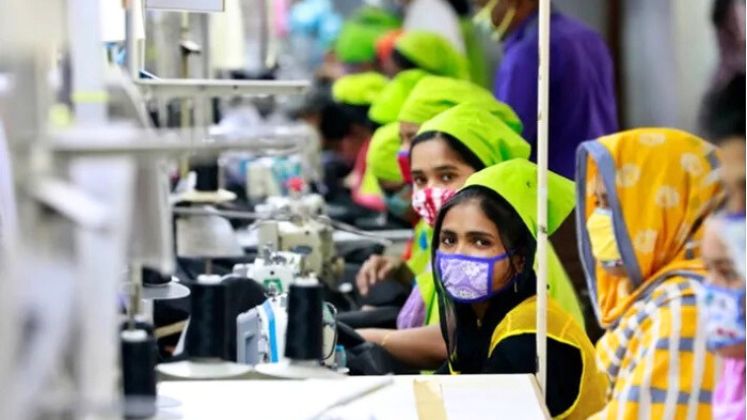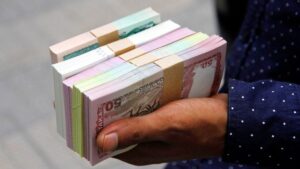
The import value of goods with zero to 1 per cent duty, particularly cotton and capital machinery, has dropped to its lowest level in four years during the July-November period of the current fiscal year. This decline is seen as a sign of reduced trade-based money laundering, as the interim government intensifies its efforts against capital flight.
Officials from the National Board of Revenue (NBR) and trade analysts attribute the 9 per cent decrease in average import costs for duty-free and low-duty goods to falling global prices along with a crackdown on over-invoicing practices. The list of goods with zero or 1 per cent duty primarily includes capital machinery for economic zones, food grains, and cotton—key raw materials for various industries.
In the first five months of FY ’25, the average import cost of duty-free goods, including cotton, was just over Taka 58,000 per tonne, down from Taka 64,000 in the same period of FY ’24 and Taka 81,000 in FY ’23. This marks the lowest average import cost for these goods in four fiscal years. Similarly, the average import value of capital machinery subject to a 1 per cent duty fell to Taka 7,82,780 per tonne, compared to Taka 8,68,213 in FY ’24 and Taka 7,89,000 in FY ’23.
A senior NBR official, speaking anonymously, noted that the reduction in import value likely indicates a decrease in over-invoicing for these types of goods, which has traditionally been linked to trade-based money laundering. The official emphasised that while global price drops may have contributed to this trend, the decline is significantly noteworthy.
According to the Bangladesh Financial Intelligence Unit (BFIU), over 80 per cent of money laundering occurs under the guise of import-export activities, with trade-based money laundering often involving the inflation of goods’ values to evade taxes. The NBR’s data reveals that the average value of high-duty goods (25 per cent import duty) has increased during the same timeframe, highlighting the difference in practices between low-duty and high-duty imports.
Dr. M Masrur Reaz, chairman of Policy Exchange Bangladesh, remarked that despite a 40 per cent devaluation of the local currency, the notable decrease in average import values for certain items suggests they were previously exploited for money laundering. He pointed out that the interim government’s stringent measures against capital flight since last August have likely contributed to this shift.
Hossain Ahmed, an NBR member focused on customs policy, attributed the decline in money laundering activities to political changes that have rendered many involved in such practices inactive. He also noted the role of AI-driven data analysis in enhancing compliance and ensuring accurate valuation of imported goods.
While industry leaders, including Mohammad Hatem of the Bangladesh Knitwear Manufacturers and Exporters Association (BKMEA), acknowledge a decrease in money laundering activities, some experts express caution. Former NBR customs policy member Md Lutfor Rahman cautioned against drawing definitive conclusions, arguing that a more detailed analysis is necessary to understand the factors influencing the changes in import values.






